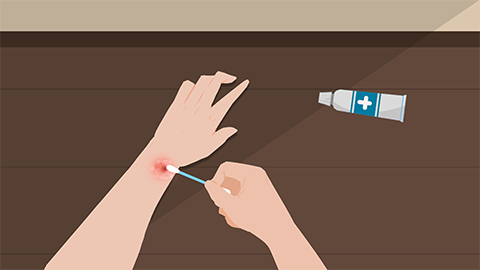How to Prevent Scarring from a New Wound
Generally speaking, scars refer to cicatrices. To prevent new wounds from leaving scars, it is necessary to care for the wound by keeping it moist regularly, applying appropriate pressure dressings, protecting against sun exposure, avoiding allergens, and special treatment for individuals with a scarring predisposition. If the injury is severe, prompt medical attention is required. Detailed analysis is as follows:

1. Keep the wound moisturized regularly
When a new wound appears on the skin, it should be promptly covered with a moisturizing dressing to maintain a moist environment and prevent excessive dryness from affecting skin cell repair.
2. Apply appropriate pressure dressing
If the wound is large and there is a risk of bleeding, appropriate pressure dressing with a bandage should be applied to promote wound healing and reduce local bleeding.
3. Protect against sun exposure
Prior to wound recovery, sun protection is necessary to avoid exposure to ultraviolet rays, which may repeatedly irritate the affected area and impair wound healing. Additionally, when UV radiation is strong, sun protection measures should be taken, such as applying sunscreen or using an umbrella.
4. Avoid allergens
If allergic conditions exist or the person has an allergic constitution, allergens such as pollen, mites, and dust should be avoided to prevent allergic reactions that may impair wound healing and lead to scar formation.
5. Medication treatment
Under a doctor's guidance, drugs such as mucopolysaccharide polysulfate cream, asiaticoside cream, and scar removal ointment may be used to inhibit scar formation.
In addition, during the wound healing process, avoid frequently touching or pulling the wound with hands to prevent poor healing. At the same time, maintain a balanced diet and avoid consuming spicy or irritating foods before full recovery.





